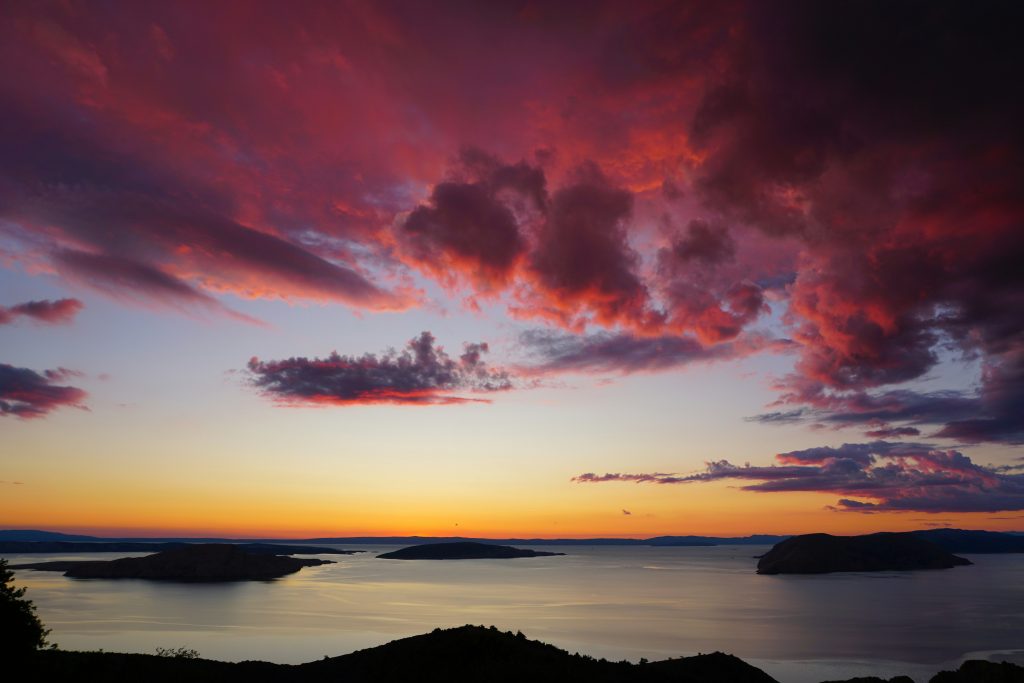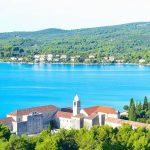March the 27th, 2024 – Life in Croatia is full of paradoxes. Goran Antonijevic looks into 10 of those which make you scratch your head and want to say that Einstein quote about insanity.
Tourist-oriented economy, but not ready to adapt to the tourists taking over
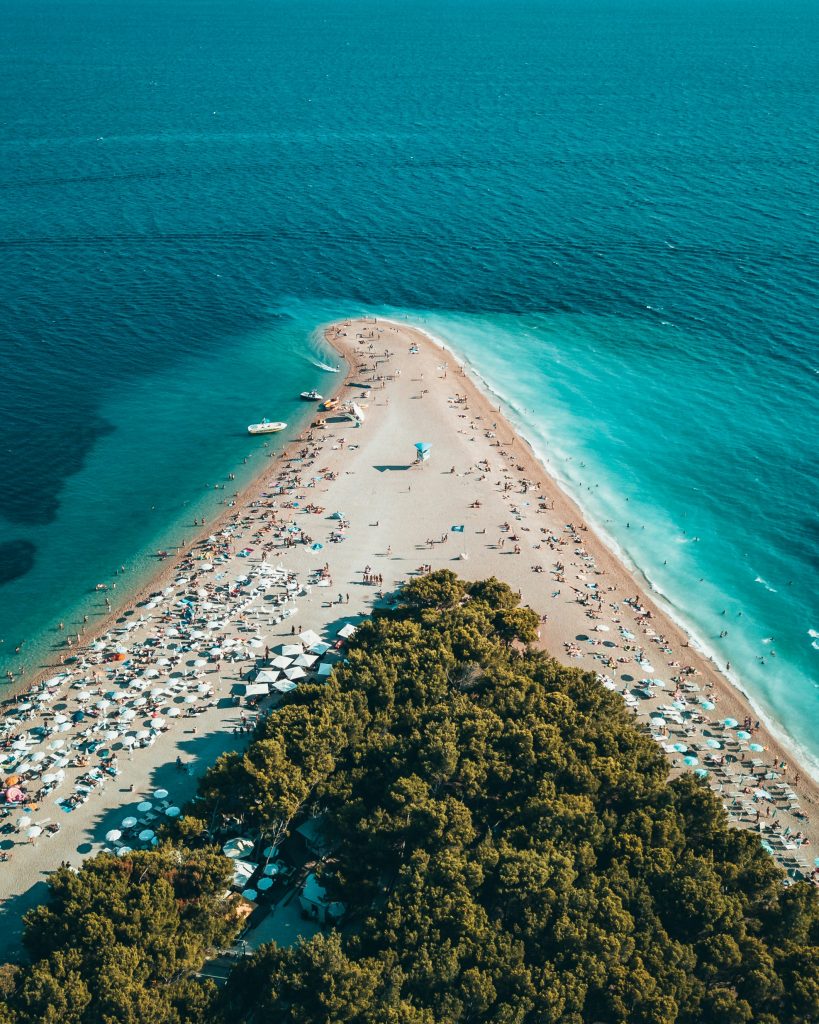
Tourism makes up for more than 20% of Croatian GDP, which is actually not so recommendable for the economy of the country, but since things are as they are, one would expect Croatia to be quite a tourist friendly destination. And it is when it comes to the general public but there are plenty of examples where local communities are stopping the projects that would disturb their peaceful way of life, and sometimes it feels that some Croatians would be happier if the tourists would just send they money in an envelope and stay home.
13 centuries of battle for independence, and 30 years of doing a lot to lose it
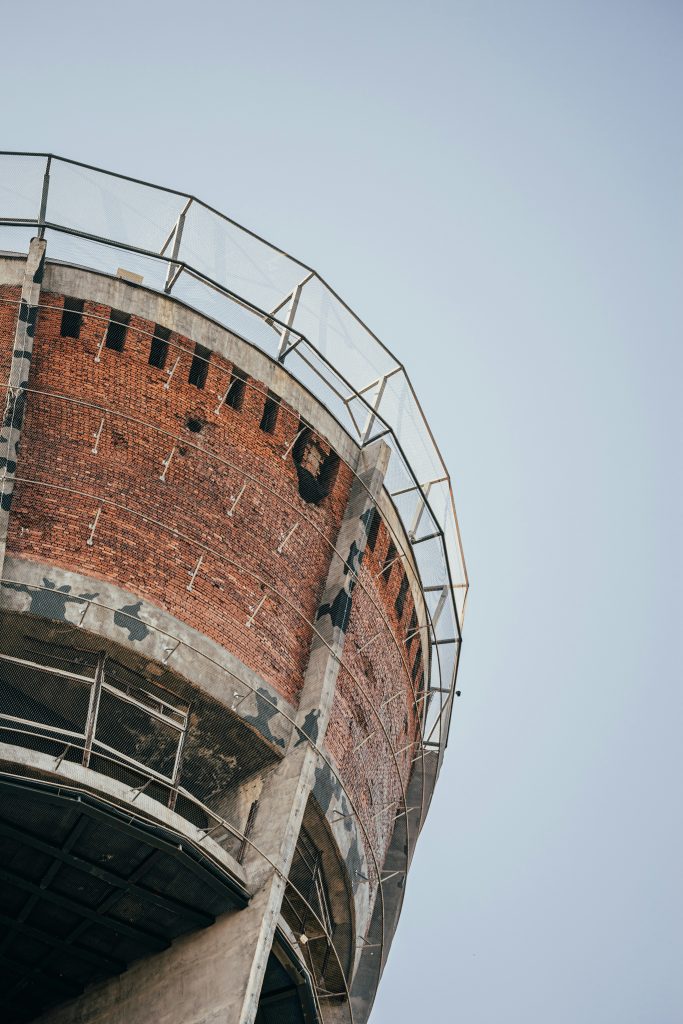
It is written in the Croatian Constitution that Croatia is founded on the will of Croatian people and it dates back to the seventh century. Croatians fought for their independence and won it in the Homeland War. Since then, Croatia has been selling its most valuable resources, the process that is still going on today. In the late eighties, Croatians had enough of getting orders from Belgrade, but over more recent years, orders have been coming from the owners of the Croatian foreign debt, and people seem to be okay with it.
Birthplace of many famous scientists, but not caring much about science and education
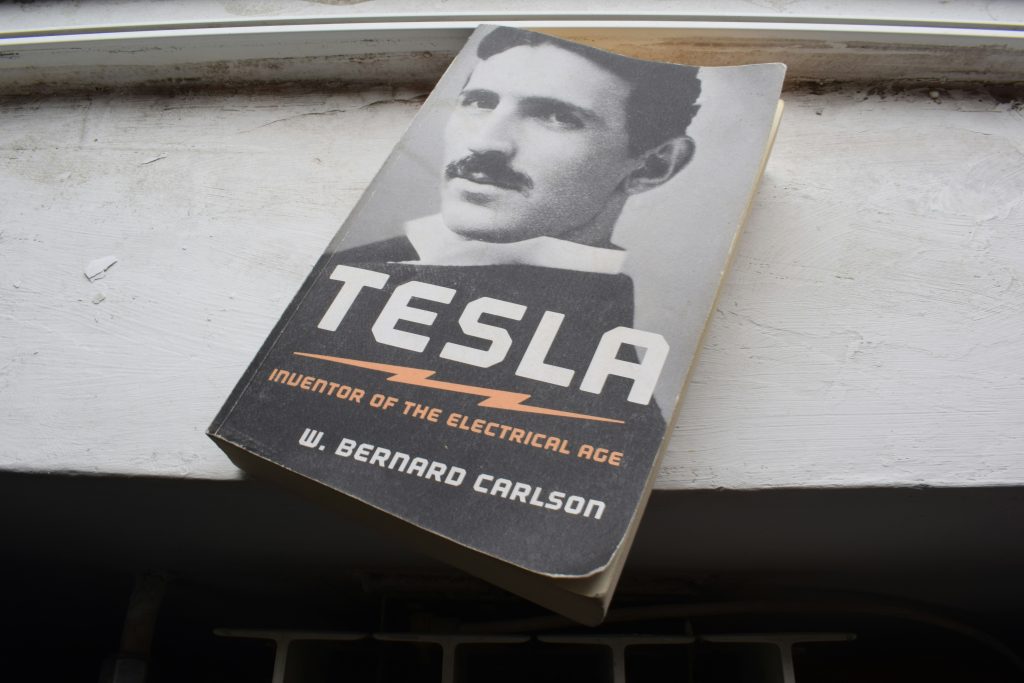
Throughout history, Croatian scientists have given the humanity numerous inventions, but most of them did it abroad. Nikola Tesla was born in Croatia, do we need to say more? But, just like Tesla at the end of the nineteenth century, Croatian scientists in the twenty-first century also have to take their knowledge and business abroad if they are to achieve success in their domains. Meanwhile, in Croatia, there have been cuts in the state budget for education.
Bringing down the communist rule, but having a hard time losing the communist mentality
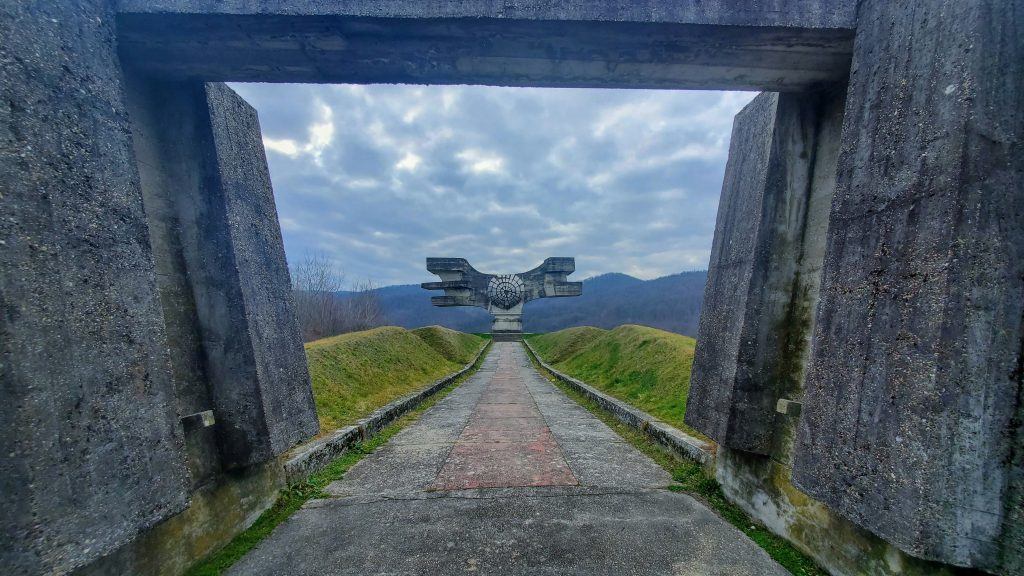
Croatia was never actually a communist country, as the ruling system in Yugoslavia was not as rigid as it was in the Soviet-ruled countries, but the communists were in power during that unique socialist system. After the abolition of the one-party system, Croatia was founded as a capitalist country, with the free market and private property as a fundamental right. Democracy was there, but Croatians still have a hard time reducing their leaders to a human level, and often react to the criticism of the ruling politicians as an attack on the country. It was actually the law in Yugoslavia, and if one said anything against Tito, he or she would be prosecuted for endangering the state. Politicians are exploiting that fact even nowadays, as it seems that many people have forgotten that there is no similar law in modern Croatia.
fantastic sporting success, but terrible sport management
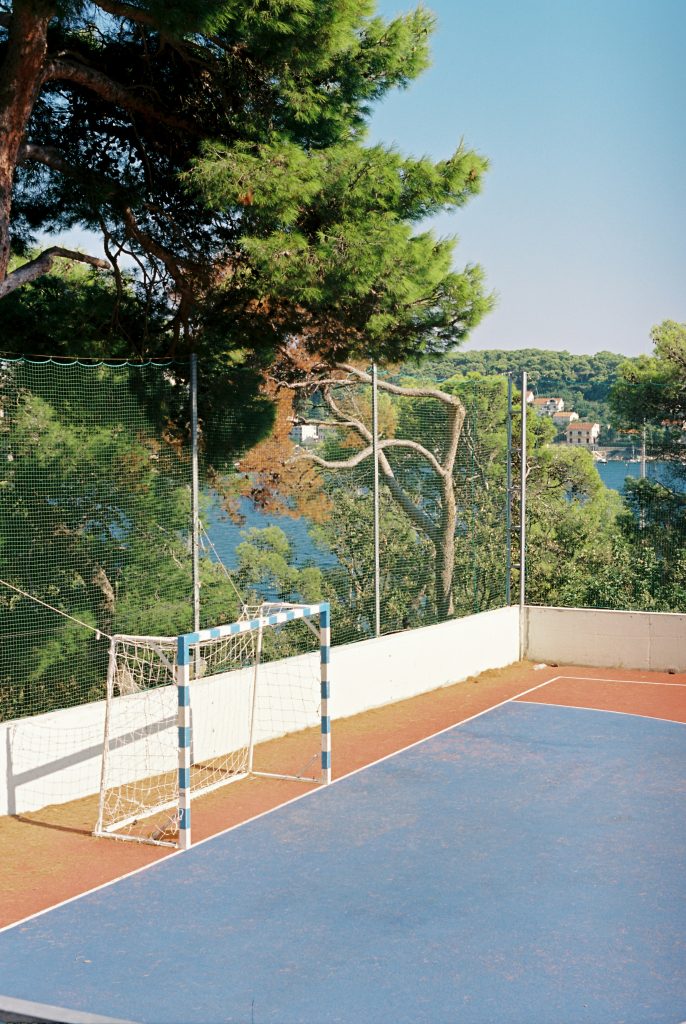
Even if you’d never heard of Croatia, names like Goran Ivanišević, Janica Kostelić, Dražen Petrović, or at least Davor Šuker surely ring a bell. Being that way, one would expect Croatia to be full of sporting venues, halls, pools, and stadiums. However, there are just a few proper stadiums in the country, and even though Croatia is a world power in water polo, most cities have no public pools. A few new sport halls were built for the World Handball Championships, but as they were so pricey, there has been plenty of doubt about their future. Most Croatian schools also don’t have adequate sporting facilities. With high-power Croatian sports officials having been part of numerous corruption affairs, it’s safe to paraphrase that age-old sentence about Croatian tourism; Croatia is the motherland of accidental sporting success.
the land of 1000+ islands that doesn’t take proper care of its islanders
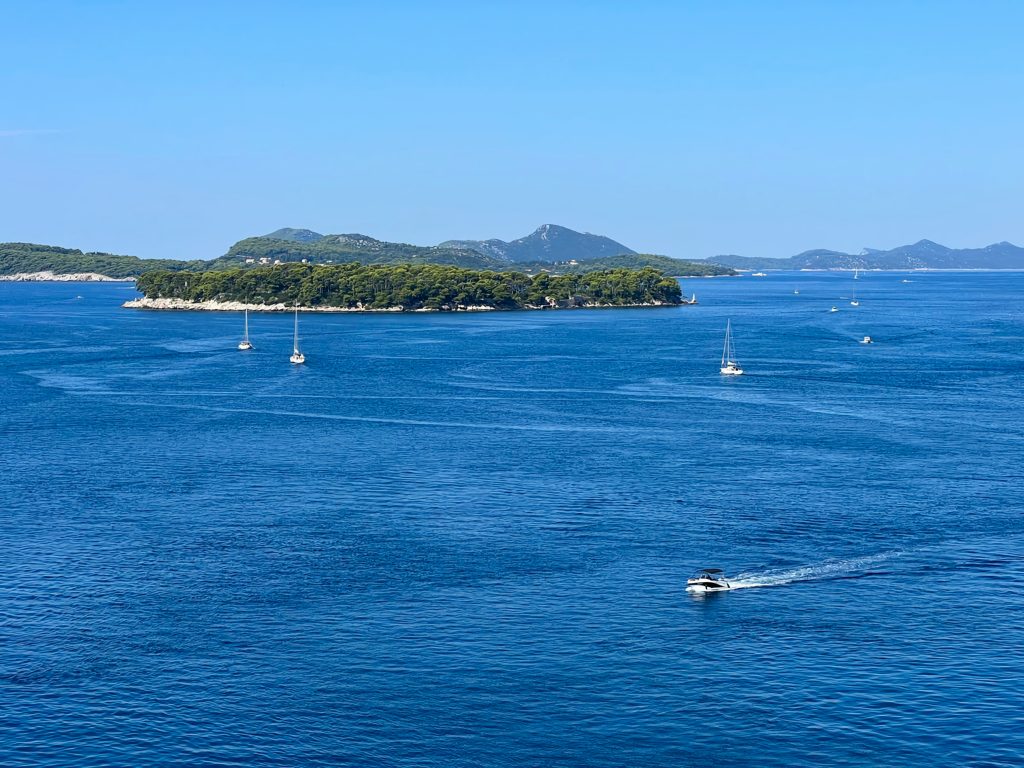
The beauty and the value of Croatia’s very many islands are both remarkable, and Croatia is rightfully proud of that fact. There are more than 1000 islands dotting the country’s long coastline. Life in Croatia is very different for those on the mainland in comparison to the island residents. The ongoing process of the depopulation of the islands is continuing, and not much is being done about the matter. There have been budget cuts in the recent past, and frankly, to many in power – there are other priorities. More important issues are things like the salaries of the politicians, of course.
A prominently Catholic country that doesn’t care about certain core values
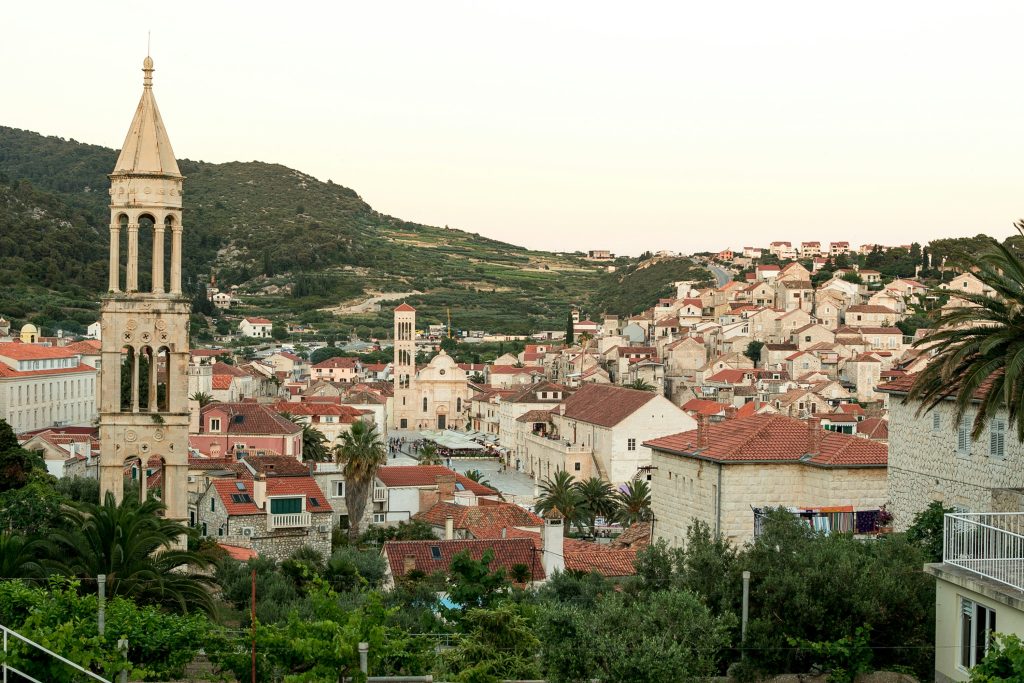
Most of the population of Croatia declare themselves Catholic. In a perfect world, if all of them would take to the teachings of their religion, there would be no corruption, thievery, or intolerance here. It seems that it’s really more important for Croatian people to declare themselves as Catholics than to obey the actual value system.
Reforms to reform the old reforms which need reforming in order for us to reform things
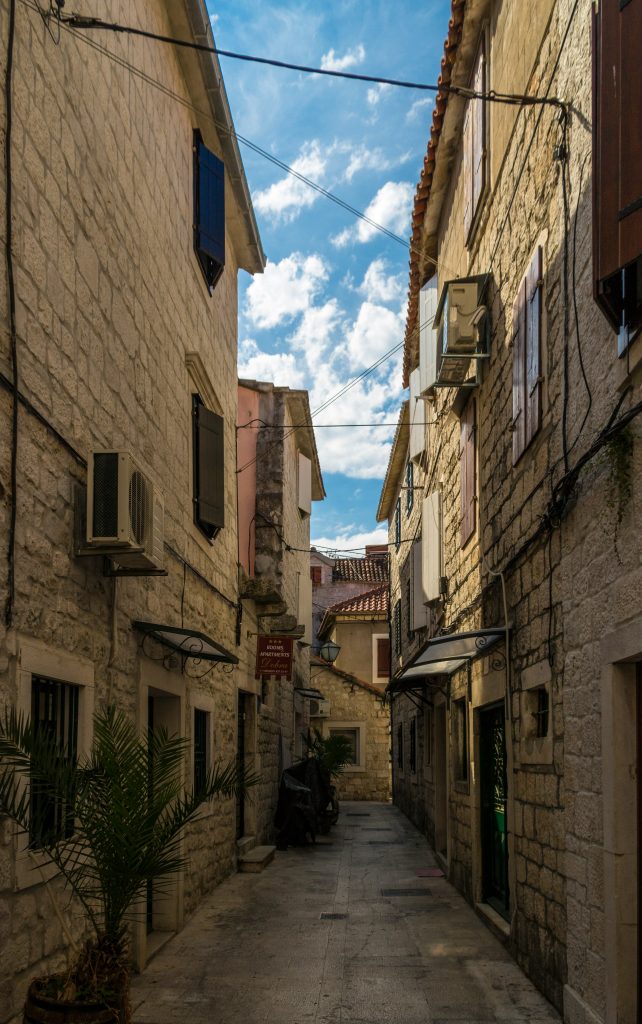
There’s an old joke in Croatia that the crisis has been here for so long, it received citizenship. As long as one can remember, there has been no time yet when Croatia was not in crisis or was not trying to get out of one while pushing new reforms. Croatians are so overwhelmed with reforms that they cannot actually keep track of them. Usually, imposed reforms further complicate things so new reforms are proposed to reform the previous reforms and round in circles it goes. Such is life in Croatia.
Croatia – full of life (but it isn’t, actually)
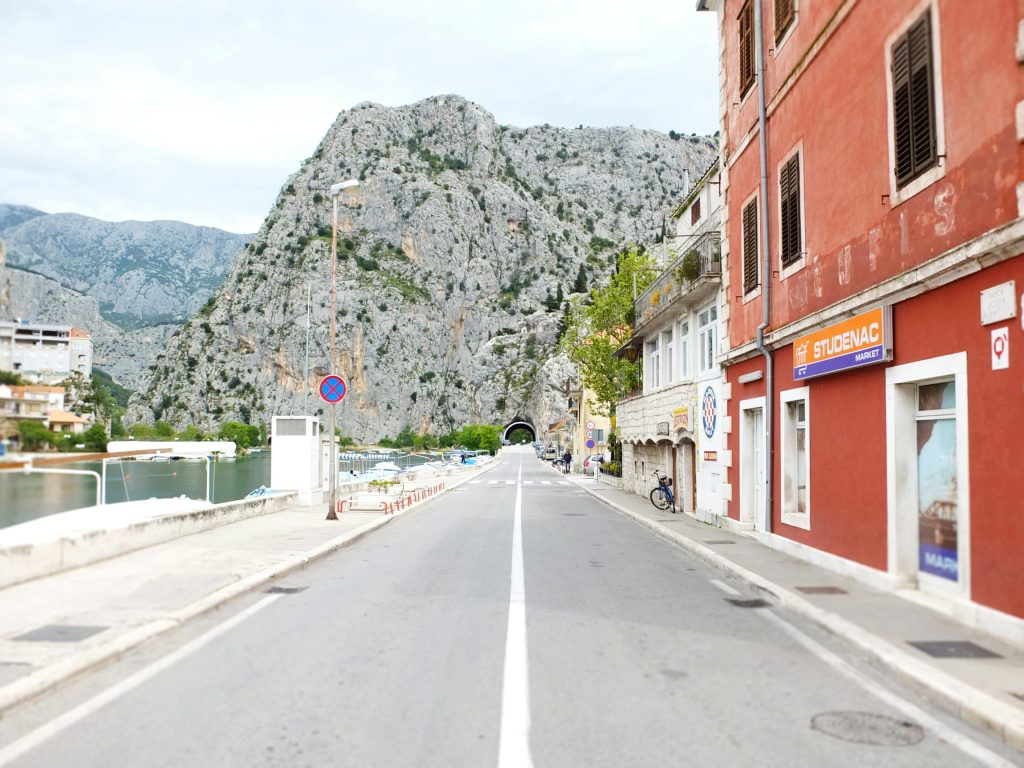
Life in Croatia is dominated by demographic issues. If the current trend continues, Croatia will lose 30% of its population before the end of the century. This is a fact that would alarm most of the countries, but in Croatia, it is mostly used as part of glittery pre-election promises. The only time when politicians care to talk about reforms which would reverse things. Reforms, reforms, reforms…
a little country – an enormous bureaucratic machine

According to the 2021 census, Croatia’s population dropped below four million. There are 128 cities, and 428 municipalities. Each entity has its own flavour of tiresome, pointless bureaucracy, and with almost no decision power at all. As if that wasn’t enough, there are 20 counties with their own self-government units which hold pretty much all the power. The level of decentralisation is small, even though Croatia is a land of many differences, and all those bureaucrats just relocate the funds dedicated to them by the government. Life in Croatia was for many decades dominated by paper, stamps, and waiting in lines. Now much of that has been replaced by… digital versions of the exact same thing.

